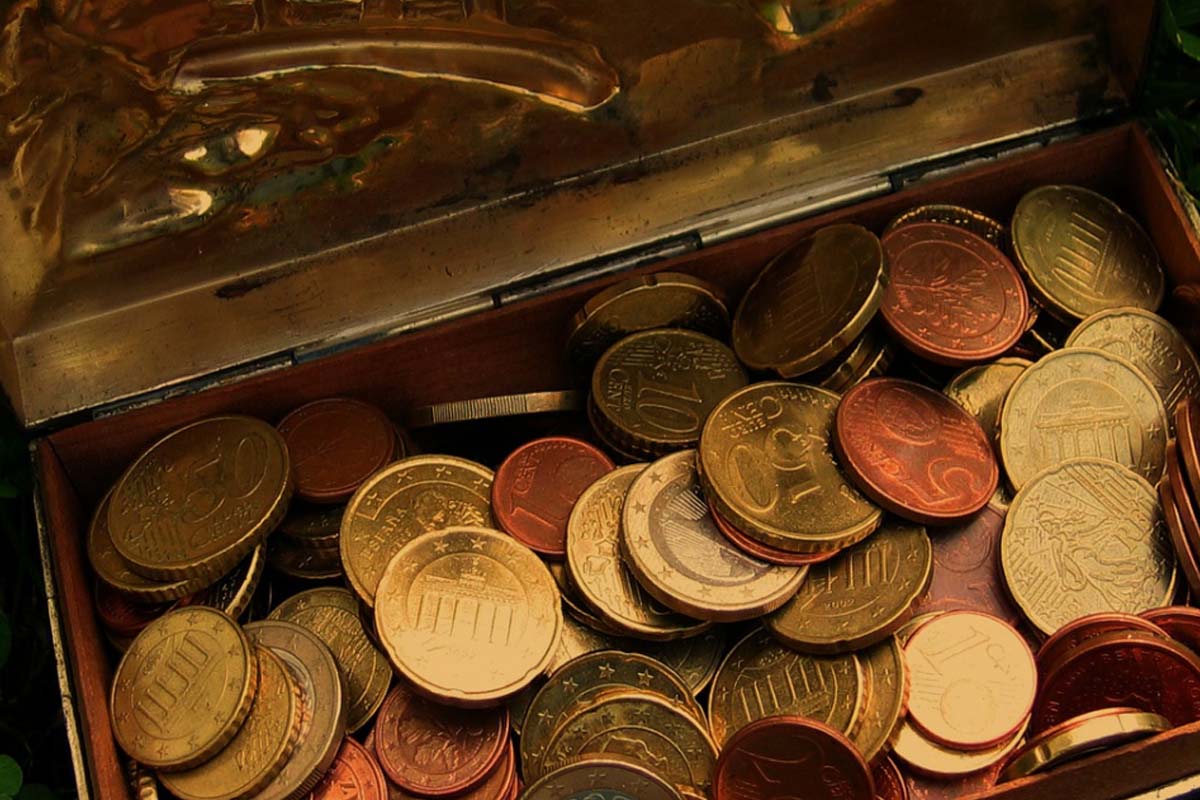Maldives to Launch $9B Crypto Hub to Attract Global Investment
Government officials aim to draw foreign investment to the Maldives, broaden the country's income sources, and ease its debt burden.

Purpose and Backing: WYST will be pegged to the US dollar and fully backed by cash, US Treasury bonds, and repurchase agreements, ensuring a 102% capitalisation to maintain stability and trust.
Issuance and Technology Partner: The state has partnered with LayerZero, an interoperability protocol, to issue WYST. Nine potential blockchains, including Ethereum, Solana, and Polygon, are being considered for hosting the stablecoin.
Economic Benefits: Interest accrued from the reserve assets backing WYST is intended to fund state initiatives such as education and infrastructure projects.
Wyoming Governor Mark Gordon has reiterated his support for the state to issue its stablecoin, urging authorities to finalise the project by July.
On March 26 2025, Sei Network posted Wyoming Governor Mark Gordon speaking at the DC Blockchain Summit, where Gordon praised the efficiency of the Wyoming state government in embracing blockchain technology. Gordon said, “The Stable Token Commission has formally engaged LayerZero as our token development and distribution partner, and we have stable tokens — Wyoming stable tokens — on several test networks.” This move positions Wyoming as a leader in cryptocurrency innovation, following its history of pro-crypto policies.
The state, known for its progressive stance on digital assets, has implemented crypto-friendly legislation, including recognising decentralised autonomous organisations (DAOs) and a special-purpose depository institution (SPDI) framework for digital banks. Governor Gordon’s latest statement emphasises Wyoming’s commitment to staying ahead in the blockchain sector. He argues that a state-issued stablecoin could enhance financial inclusivity, provide a reliable digital currency for businesses and residents, and strengthen the state’s economy.
A state-backed stablecoin could offer numerous advantages, including fostering economic growth, streamlining digital transactions, and improving accessibility to financial services. Wyoming could provide a trustworthy digital currency with minimal volatility by pegging the stablecoin to the US dollar or other stable assets.
This initiative could also attract blockchain businesses and investors, further solidifying the state’s reputation as a crypto hub. However, the proposal faces significant challenges. Regulatory hurdles remain a primary concern, as state-issued digital currencies must comply with federal laws and financial regulations. Additionally, establishing the necessary infrastructure to ensure the stablecoin’s security, efficiency, and widespread adoption requires significant investment and technological development.
Governor Gordon has urged legislators and financial authorities to expedite the stablecoin’s launch, setting July as the target date. If successful, Wyoming would become the first US state to issue its stablecoin, potentially influencing other states to follow suit.
The stablecoin could facilitate seamless cross-border transactions, reduce dependence on traditional banking systems, and enhance digital financial services within Wyoming. Moreover, it could serve as a model for other regions exploring the integration of blockchain technology into their economies.
As Wyoming moves toward implementing its stablecoin, regulators, industry leaders, and crypto enthusiasts worldwide will closely watch the project. Whether the initiative succeeds or encounters regulatory roadblocks, it marks a significant step in the ongoing evolution of digital finance in the United States.
Government officials aim to draw foreign investment to the Maldives, broaden the country's income sources, and ease its debt burden.
Binance has partnered with Kyrgyzstan to introduce crypto payment solutions and implement blockchain education initiatives nationwide.
The North Carolina House approved a bill, 71-44, permitting the state treasurer to invest public funds in select, authorised...
AUSTRAC, has announced a crackdown on inactive registered cryptocurrency exchanges to eliminate potential scams.